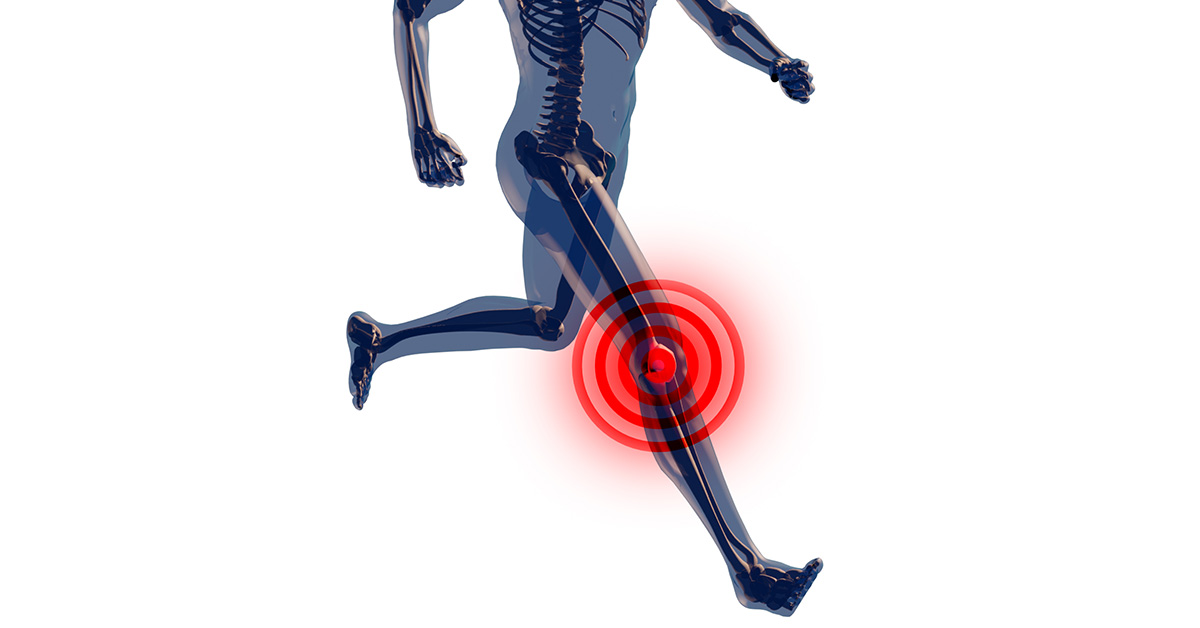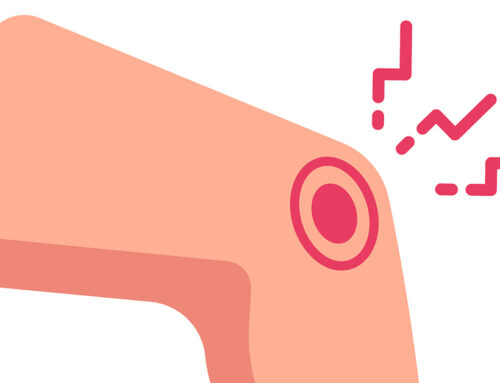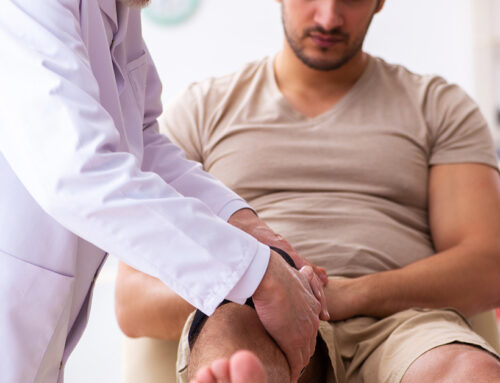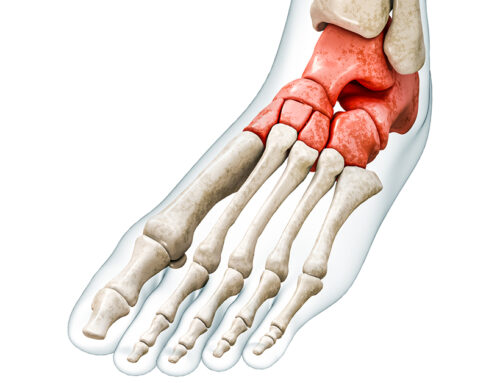
Can You Walk with a Fractured Knee?
A knee fracture, also known as a patellar fracture, is a serious injury that can significantly impact your mobility and daily activities. Understanding the implications of a fractured knee, the treatment options available, and how to navigate life during the healing process is crucial for recovery. In this blog post, we will explore whether you can walk with a fractured knee and the steps you should take to ensure a smooth recovery.
Understanding Knee Fractures
The knee is a complex joint that consists of the patella (kneecap), femur (thigh bone), tibia (shin bone), and various ligaments and tendons. A fracture can occur in any of these bones, but the most common type is a patellar fracture. This type of fracture can be caused by direct trauma to the knee, such as a fall or a blow, or by overuse and stress, leading to stress fractures.
Symptoms of a Fractured Knee
The symptoms of a knee fracture can vary depending on the severity of the injury. Common signs include:- Intense pain at the time of injury
- Swelling and bruising around the knee
- Inability to straighten or bend the knee
- Difficulty or inability to walk
- Visible deformity in severe cases
Can You Walk with a Fractured Knee?
Walking with a fractured knee is generally not recommended, especially in the initial stages of the injury. Attempting to walk on a fractured knee can exacerbate the injury, cause further damage, and significantly prolong the healing process. Here’s why:
- Pain and Discomfort: A fractured knee is extremely painful, and putting weight on it can intensify the pain, making walking unbearable.
- Risk of Complications: Walking on a fractured knee can lead to complications such as displacement of the fracture, damage to surrounding ligaments and tendons, and even permanent damage to the joint.
- Delayed Healing: To heal properly, a fractured knee needs rest and immobilization. Walking on it can disrupt the healing process, leading to longer recovery times and potential long-term issues.
Treatment Options
Treatment for a fractured knee typically involves a combination of immobilization, medication, physical therapy, and sometimes surgery, depending on the severity of the fracture.- Immobilization: In most cases, the knee will need to be immobilized with a cast, brace, or splint to prevent movement and allow the bone to heal.
- Medication: Pain relief and anti-inflammatory medications can help manage pain and reduce swelling.
- Physical Therapy: Once the initial healing phase is over, physical therapy is crucial to restore strength, flexibility, and range of motion in the knee.
- Surgery: In severe cases, surgery may be required to realign and stabilize the fractured bone using screws, pins, or plates.
Navigating Life with a Fractured Knee
Living with a fractured knee can be challenging, but there are steps you can take to make the process easier:
- Use Assistive Devices: Crutches, a walker, or a wheelchair can help you move around without putting weight on your injured knee.
- Modify Your Home: Make your living space more accessible by rearranging furniture, installing grab bars, and keeping essential items within easy reach.
- Follow Medical Advice: Adhere to your doctor’s recommendations for rest, medication, and physical therapy to ensure a smooth recovery.
- Stay Positive: Maintaining a positive outlook and staying engaged in activities you enjoy, such as reading, watching movies, or pursuing hobbies that don’t require physical activity, can help you cope with the limitations of a fractured knee.
Walking with a fractured knee is generally not advisable due to the risk of exacerbating the injury and prolonging the healing process. Proper treatment, rest, and adherence to medical advice are crucial for recovery. While a fractured knee can be a significant setback, with the right care and precautions, you can navigate the healing process and return to your normal activities in due time. Always consult with a healthcare professional for personalized advice and treatment options tailored to your specific condition.





